The scale of the Venezuelan migration crisis with its impact across numerous countries, and the limited prospect of it receding in the near future, requires a coordinated response, beyond humanitarian assistance to work with displaced populations, incorporating medium and long term planning that includes development activities and conflict sensitive strategies.
The main objective of this Brief Analysis Report is to provide a short analytical overview of the recently launched study, Applying the “Triple Nexus”; between Humanitarian, Development, and Peace in the Context of Migration Flows from Venezuela, published by WeWorld and the Institute of Studies on Conflicts and Humanitarian Action (IECAH).
The objective of the study is to shed light on how the Nexus between Humanitarian-Development-Peace can be considered as an appropriated approach in the context of migrations flows from Venezuela.
Some considerations presented in this study emerged from the opinions of all actors involved:
- Promoting a “triple nexus” approach paves the way to address root causes more systematically and achieve a more effective, coordinated and enduring response to the threats and risks communities face.
- Operationalizing the “triple nexus” approach can facilitate migrants or marginalized groups’ inclusion in territorial human development plans, through joint analysis and programming. Preliminary agreement on measurable and feasible collective outcomes will facilitate financial, institutional and legal instruments adoption in a more coherent way.
- Moving beyond the “do no harm” principle and adopting a conflict sensitivity approach minimizes risks, maximizes opportunities and addresses root causes. Following a conflict sensitive approach, the humanitarian-peace nexus gap will be reduced, laying the foundation for further peacebuilding roadmaps toward the full operationalization of the “P” pillar of the triple nexus.
- Adopting conflict-sensitive, area-based and evidence-based operational approaches, actors may have stronger tools to fight xenophobia and mitigate possible manifestations of violence, since they acknowledge risks, opportunities and threats. That will also facilitate the elaboration of social cohesion patterns, opening the discussion for further peacebuilding roadmaps.
For further and detailed information, please read our study on reliefweb.com, published in both versions English and Spanish.
To read the Brief Analysis Report: “Triple Nexus” Approach in the Venezuelan Migrant Crisis: Brief Analysis Report
Francisco Rey, Beatriz Abellán and Andrés Gómez. Institute of Studies on Conflicts and Humanitarian Action (IECAH)

